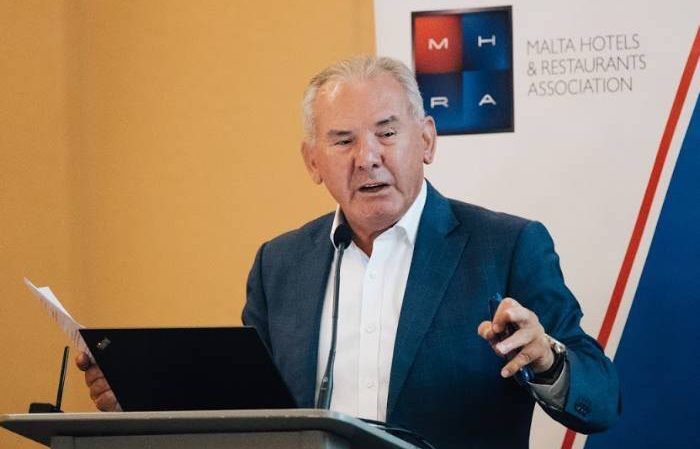The Government Budget for 2024 was lauded as “a resounding commitment to support the resurgence and expansion of the Maltese economy” by the Malta Hotels and Restaurants Association (MHRA), citing the significant increase in benefit spending and the continuation of large subsidies on the prices of energy and fuel.
However, the hotels lobby could not hide its disappointment at the complete lack of any particular initiative related to tourism.
The MHRA stated that tourism “faces various challenges next year,” pointing to the rapid increase in bed stock which requires “increased efforts to expand connectivity and seat capacity.”
It reiterated its call for Government to revise the national tourism policy for next year and ensure that existing incentives for more hotel development are discontinued.
It also noted a reduction in the money allocated to the Malta Tourism Authority, which plays an important role in promoting Malta as a tourism destination.
On the long-standing issue of staff shortages, “nothing was said to put our mind at rest,” said the organisation. “Labour shortages will remain one of the biggest challenges for the sustainability of the sector and this needs long term planning” – a change in the economic model was mentioned once again but was not backed up by concrete proposals.
The only measure related to human resources was an increase in the cost of permits when recruiting foreign workers, which the MHRA described as “deeply concerning since this will have a major negative impact on the hospitality sector.”
Referring to the previously announced increase in the Cost of Living Adjustment by a record €12.81, the MHRA said this could “potentially impact the industry’s profitability” given its heavy reliance on labour.
“To counteract this, the industry must strive for productivity gains or increase per capita spending within the hospitality sector,” it said, reiterating its vision for the industry to enhance its product offerings and thereby attract higher-spending travellers to Malta.
“Indeed, private investments in the capital city have already attracted such discerning travellers,” it continued, but warned that Government must do its part by providing both human and capital resources to enhance the Maltese islands’ infrastructure and general upkeep. The MHRA therefore expressed concern that the Budget refers to a drop in capital and infrastructural projects.
The MHRA also pointed out that nothing was specifically mentioned regarding incentives to help the tourism industry transition to meet sustainability and climate change targets.
On a more positive note, Minister for Finance Clyde Caruana’s affirmation that tourism is expected to remain an economic motor was welcomed by MHRA president Tony Zahra. Similarly welcomed was confirmation that air connectivity continues to be a national priority, with the launch of a new airline to replace Air Malta on 31st March “a crucial element for the industry’s success in 2024.”
Two years since its birth, Moneybase features on Microsoft’s Customer Stories
Moneybase has now just been featured on Microsoft’s latest Customer Stories
Finance Minister confirms continuity of food and energy subsidies
Spending on food and energy subsidies as a percentage of the GDP will be at 0.7% in 2025
MHRA congratulates Glenn Micallef on EU role, highlights positive impact on Malta’s tourism and cultural sectors
The lobby group emphasised that Malta’s cultural assets and sports scene are key factors in attracting visitors and fostering economic ...






